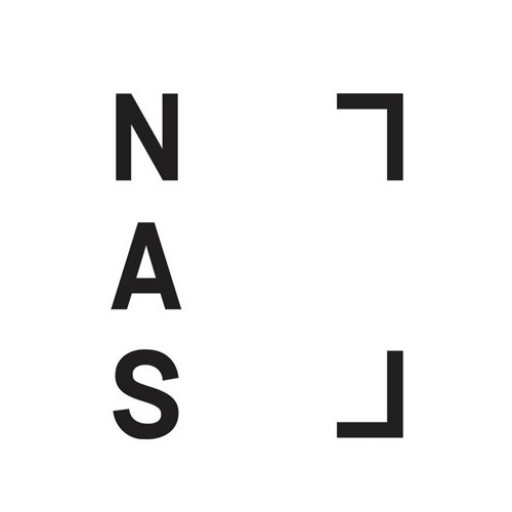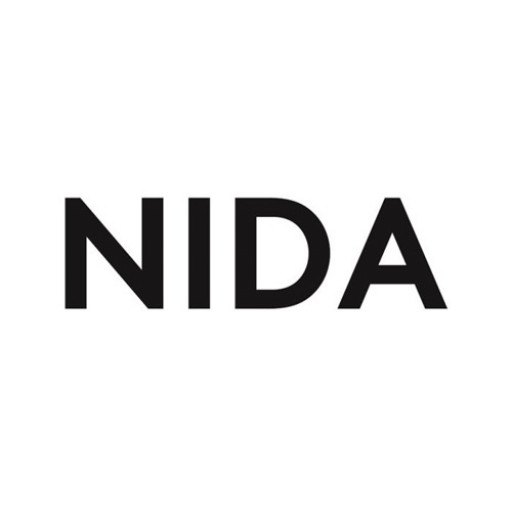Photos of university / #monash_uni
The Bachelor of Fine Art at Monash University offers students a comprehensive and immersive educational experience designed to nurture creativity, critical thinking, and technical skill in the visual arts. This program provides an ideal platform for aspiring artists to explore diverse mediums, including painting, sculpture, drawing, printmaking, installation, and new media, while developing a distinctive artistic voice. Throughout the course, students are encouraged to experiment with innovative practices and engage with contemporary art theories, fostering a deeper understanding of art's role in society and culture. The curriculum combines rigorous studio practice with contextual studies, art history, and contemporary issues, ensuring graduates are well-equipped to participate actively in the dynamic and ever-evolving art world. Students benefit from access to state-of-the-art facilities, including dedicated studios, workshops, and digital laboratories, providing a supportive environment for creative development. The program also emphasizes critical reflection, enabling students to articulate their artistic concepts and engage with feedback constructively. Collaboration and interdisciplinary approaches are integral, encouraging students to work across different fields and media, thereby expanding their artistic horizons. Industry partnerships, exhibitions, and internship opportunities are incorporated to connect students with the professional realm, offering invaluable experience and networking opportunities. Graduates of the Bachelor of Fine Art are prepared for careers as professional artists, curators, arts administrators, educators, and creators across various cultural sectors. With its emphasis on innovation, tradition, and a global perspective, the Monash Bachelor of Fine Art empowers students to realize their artistic potential and make meaningful contributions to the contemporary art landscape.
Disciplines offered include:
- digital arts
- drawing
- painting
- photomedia
- printmedia
- sculpture
- visual arts.
Interdisciplinary studio projects will be considered on a case by case basis.
An applicant for admission to the research master’s degree must have qualified as follows:
- an Australian degree of bachelor with a minimum upper H2B (a mark of 65 or above) in an honours year in a relevant field, or its equivalent from a recognised tertiary institution;
- in special circumstances, GRC may admit an applicant who lacks any of the qualifications listed above, but whose publications and other experience is considered by the Faculty to be equivalent research training in the proposed field of study. Such applications will be considered on a case-by-case basis;
- all applications must be accompanied by a research proposal of 200–300 words;
- all studio-based research degree applications must be accompanied by a folio of 10–15 images of recent work.
All international students studying in Australia are required to pay full fees and be enrolled on a full-fee basis. Course fees are not fixed for the duration of the course and may increase depending on determinations in relation to the Consumer Price Index (CPI).
International students on student visa are also required to have Overseas Student Health Cover (OSHC).
Students who are accompanied to Australia by dependants must have family rate cover for OSHC.
Graduate scholarships
Graduate research scholarships are available for full-time research at graduate level for study at one of Monash University's Australian campuses. Over 300 living allowance or stipend scholarships are offered at the main central selection round, which closes on 31 October each year. Approximately 70 international scholarship awardees are also offered scholarships to meet their tuition costs.
A mid-year scholarship round is held each year which closes on 31 May. Approximately 70 living allowance or stipend scholarships and 15 tuition-paying scholarships are offered. In addition, some faculties offer scholarships to a number of applicants who miss out on a central scholarship offer.
Career opportunities
Master of Fine Art graduates have demonstrated an ability to research, analyse and interpret their own work and that of others through the application of specialist knowledge and advanced technical and analytical skills. Master's graduates may be self-employed or work as contemporary artists, educators, academics, research fellows, consultants, curators, researchers and administrators in galleries and museums and a range of government and private enterprises.



